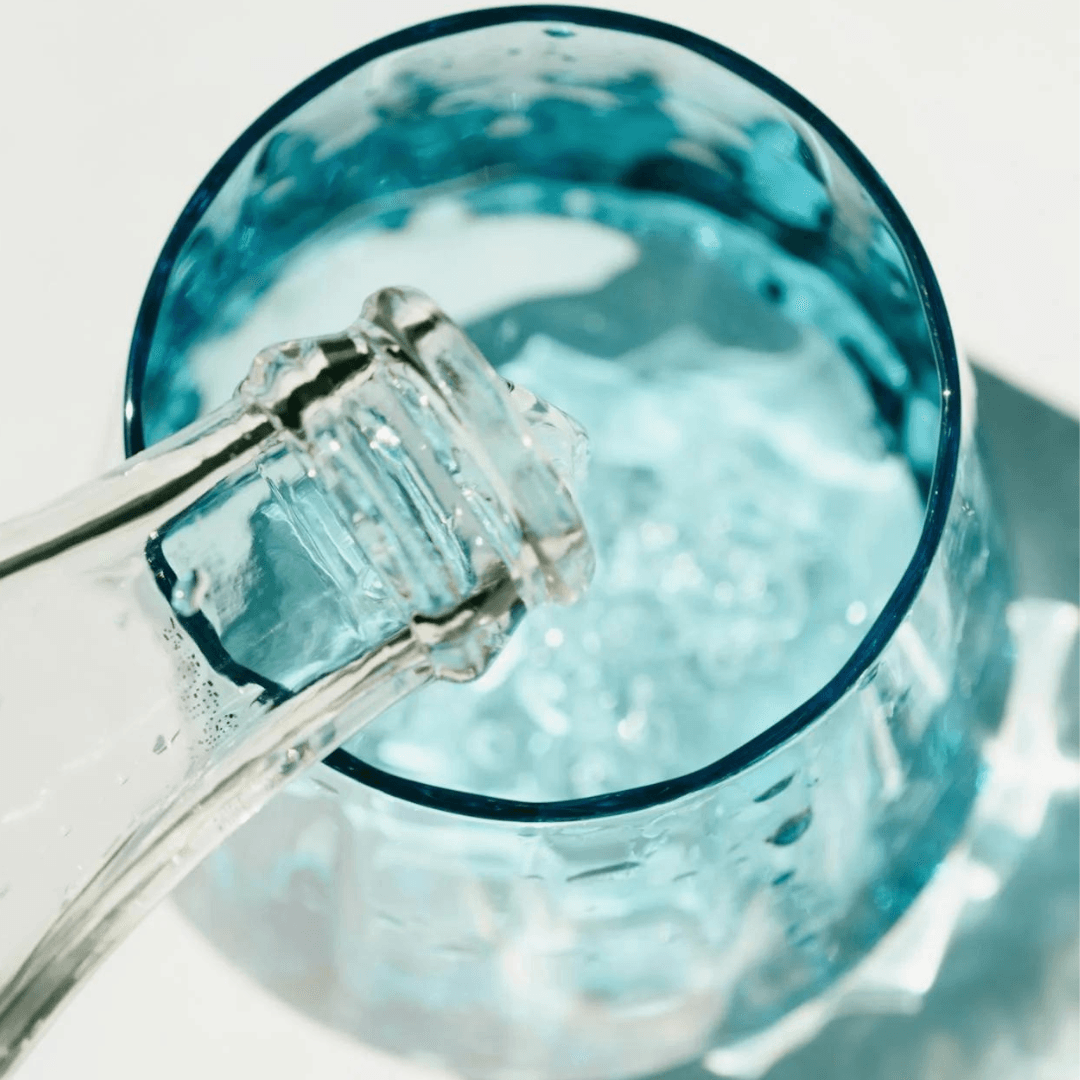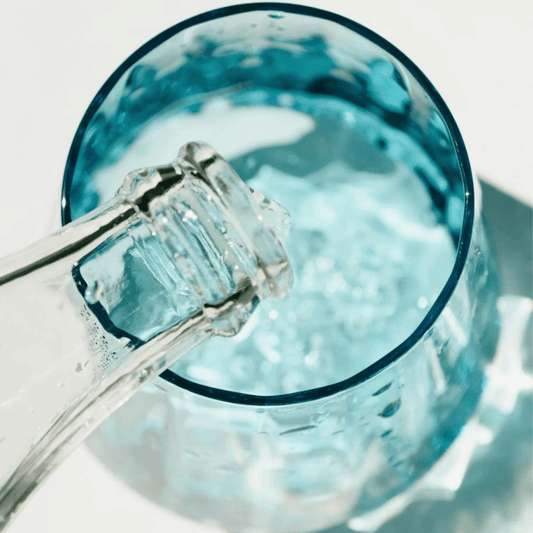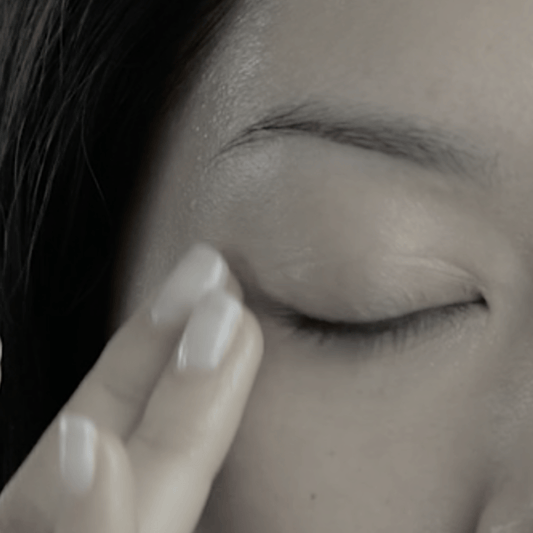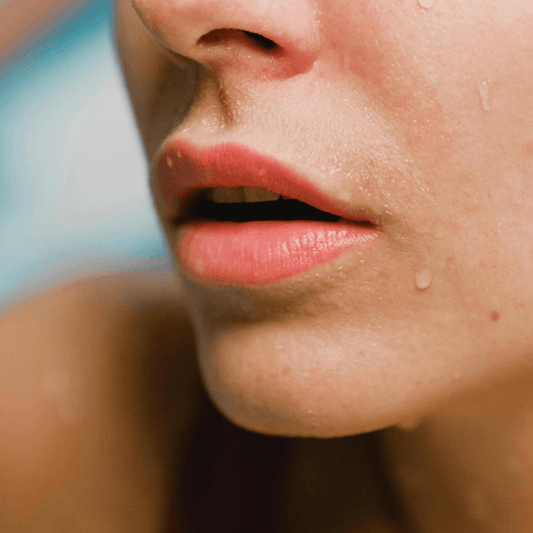
The Ideal Water Temperature for Skincare: Cold or Hot?
The Ideal Water Temperature for Skincare: Cold or Hot?
When it comes to skincare, the temperature of the water you use can significantly affect your skin's health and appearance. Many of us are unaware that the temperature of water plays a crucial role in our daily skincare routines. Let's delve into the benefits and drawbacks of using cold water and hot water and discover the ideal temperature for overall skincare, especially during the summer months.
The Benefits of Cold Water
Cold water has been lauded for its numerous benefits to the skin. Here are some reasons why you might consider incorporating cold water into your skincare regimen:
- Reduced Puffiness: Cold water can help reduce puffiness and swelling, particularly around the eyes. It constricts blood vessels and can help diminish the appearance of tired, puffy eyes.
- Tighten Pores: Washing your face with cold water can make your pores appear smaller. Cold water causes the skin to contract, which can give your complexion a smoother and more even appearance.
- Increased Circulation: Splashing cold water on your face can stimulate blood circulation, giving your skin a healthy, radiant glow.
- Soothing Effects: If you have sensitive or irritated skin, cold water can be soothing and help reduce redness and inflammation.
The Drawbacks of Cold Water
Despite its benefits, cold water does have some drawbacks:
- Less Effective Cleansing: Cold water might not remove dirt, oil, and makeup as effectively as warmer water. This can leave impurities on the skin, potentially leading to breakouts.
- Limited Relaxation: Cold water can be less relaxing than warm water, making your skincare routine feel less like a pampering session and more like a chore.
The Benefits of Hot Water
Hot water also has its own set of advantages when it comes to skincare:
- Deep Cleansing: Hot water helps to open up the pores, making it easier to remove dirt, oil, and other impurities. This can result in a deeper cleanse.
- Relaxation: The warmth of hot water can be incredibly soothing and relaxing, making your skincare routine feel like a luxurious spa treatment.
- Improved Absorption: Hot water can enhance the absorption of skincare products, allowing serums and moisturizers to penetrate the skin more effectively.
The Drawbacks of Hot Water
However, hot water is not without its drawbacks:
- Stripping Natural Oils: Hot water can strip the skin of its natural oils, leading to dryness and irritation. This can be particularly problematic for those with dry or sensitive skin.
- Increased Redness and Inflammation: For some people, hot water can cause redness and inflammation, exacerbating conditions such as rosacea and eczema.
- Potential Damage: Prolonged exposure to hot water can damage the skin's barrier, making it more susceptible to environmental aggressors and leading to premature aging.
The Ideal Water Temperature for Skincare
Given the benefits and drawbacks of both cold and hot water, what is the ideal temperature for skincare?
- Lukewarm Water: The consensus among dermatologists is that lukewarm water is the best choice for skincare. Lukewarm water, which is typically around body temperature (37°C or 98.6°F), provides a balanced approach. It is warm enough to effectively cleanse the skin and open up the pores but not so hot that it strips the skin of its natural oils or causes irritation. Lukewarm water also ensures that skincare products can be absorbed more effectively without compromising the skin's natural barrier.
Special Considerations for Summer
During the summer months, your skin may face additional challenges due to increased heat and humidity. Here’s how adjusting the water temperature can help:
- Cooling Effect: Using slightly cooler water during the summer can help to refresh and cool the skin, which can be particularly soothing after exposure to the sun. This can help reduce any heat-induced redness or irritation.
- Managing Sweat and Oil: Summer heat can increase sweat and oil production, leading to clogged pores and breakouts. Lukewarm water remains effective in cleansing the skin without causing the dryness associated with hot water. However, finishing with a cool rinse can help close pores and leave your skin feeling fresh.
- Hydration Balance: It’s crucial to maintain the skin’s hydration balance, especially in the summer. Lukewarm water helps preserve the skin's natural oils while ensuring a thorough cleanse, essential for maintaining hydration and preventing summer dryness.
Conclusion
In conclusion, while both cold and hot water have their respective benefits and drawbacks, lukewarm water strikes the perfect balance for maintaining healthy, glowing skin. This balance is particularly important during the summer months when your skin needs extra care to manage heat, sweat, and increased oil production. Incorporating lukewarm water into your skincare routine can help you achieve a deep cleanse, optimize product absorption, and maintain your skin's natural moisture and barrier functions. So, next time you're at the sink, remember to adjust the tap to a comfortable lukewarm temperature for the best skincare results, and consider a cooler splash during the summer for added refreshment.













